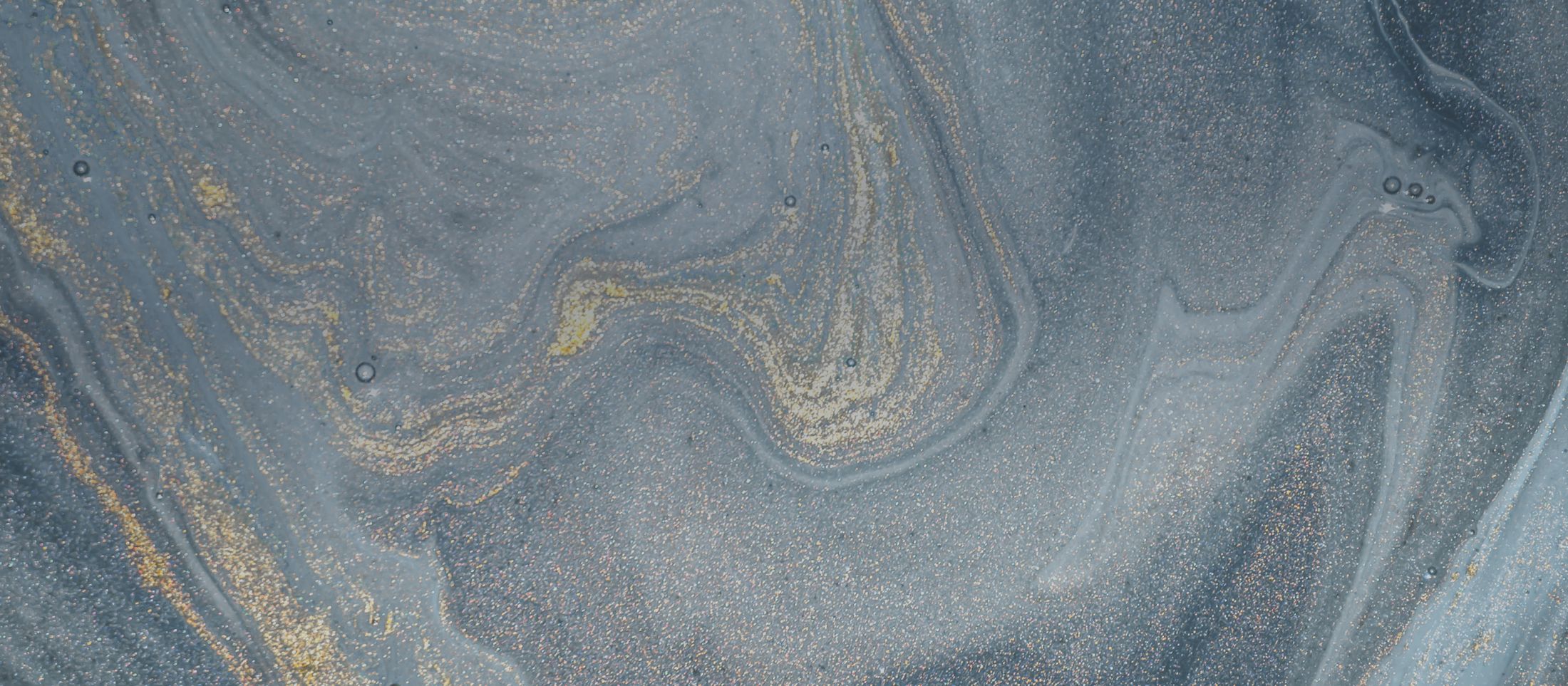



A chemical peel is a cosmetic procedure that essentially exfoliates the top layers of damaged skin, evening out your texture, pigmentation, and reversing the effects of sun damage, acne, and aging. This process helps alleviate the effects of damage done to the skin, as well as reduce the appearance of uneven skin tone and skin discoloration. A chemical peel involves placing a chemical solution directly on the face. Over time, the skin will scab and peel, leaving behind a rejuvenated skin tone, healthier skin cells, and younger-looking skin.
1 of 1

You may be an ideal candidate for a chemical peel if you have uneven skin color or skin texture issues, such as age spots, unwanted freckles, acne scars, melasma, sun damage, and fine lines. As with all dermatology procedures, excellent candidates are those in good overall health and who have informed, realistic expectations.

An initial consultation with Dr. Minton is the first step to any procedure. There he will discuss your health history, skin type, as well as whether you have any skin conditions such as flaking or dry skin. Based on this information, he will recommend whether a light peel or a deep peel is appropriate for your skin.


Our Savannah Chemical Peel procedure is fairly simple, with little to moderate discomfort. First, the skin is thoroughly cleaned, and then Dr. Minton places a chemical solution directly on the face, which may have a slight stinging sensation.
The two most commonly used chemical solutions are an Alpha Hydroxyl Acid (AHA) peel and a Trichloroacetic Acid (TCA) peel. AHAs are the mildest and most superficial peels. TCA peels come in a variety of intensities based on the patient’s needs. Both chemical solutions peel away the top layers of damaged skin to reveal undamaged new skin beneath.

The recovery phase of a Chemical Peel treatment depends on the strength of the peel and can range anywhere from two days to two weeks. It is common to experience some throbbing, tingling, swelling, and redness after the peel. Later, the treated area will develop a crust or scab of dead skin cells, leaving behind the newly formed skin.
Any discomfort can be alleviated with mild pain medication. It’s important to protect the treated area from sun exposure for several months, use sunscreen, as well as implementing a gentle skincare routine. Follow your dermatologist or plastic surgeon's instructions for skincare routines, use of moisturizers, and downtime. After receiving our Chemical Peel Savannah patients will experience a transformative skincare solution tailored to their individual needs.
Chemical peeling is an entirely safe procedure, though it should always be administered by a skilled and certified physician or dermatologist.
After the initial consultation, a chemical peeling treatment only takes about 30 minutes.
Chemical peels can cause various side effects, depending on the individual:
The chemical solution usually contains an anesthetic, though additional sedation may be used in some cases. The most common complaint is a burning or tingling sensation when the chemical solution is applied, which could be exacerbated if patients suffer from sensitive skin.
The exfoliation strength of a chemical peel depends on the kind of chemical peel used. The effects of an AHA light chemical peel will last several months, whereas the effects of a Trichloroacetic acid (TCA) deep chemical peel may last several years. After the initial treatment, regular maintenance is recommended.
Unlike plastic surgery, the skin resurfacing effects of a chemical peel are not permanent, so it is not considered an alternative to surgery such as a facelift, but it can prolong the need for surgery. While there are different types of chemical peels, they can be used as a way to “preview” the results of more permanent procedures.
Our skilled, double board-certified facial plastic and reconstructive surgeon Dr. Minton is available to discuss chemical peels in greater detail during a consultation at our Savannah Facial Plastic Surgery office in Savannah. Arrange your consultation by contacting us today. Follow Savannah Facial Plastic Surgery on Facebook to learn about special medical spa offers!